Position statement on the new FSC National Standards for Cameroon and Republic of Congo
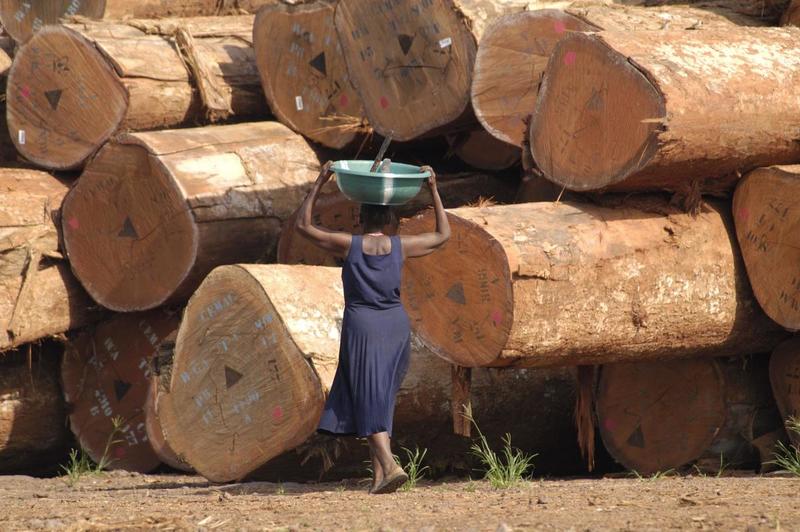
Yaoundé, 23 November 2020 – New Forest Stewardship Council (FSC) “national standards” for Cameroon and the Republic of Congo are good news for the multinational loggers destroying Africa’s Intact Forest Landscapes (IFL), biodiversity hotspots crucial for maintaining global carbon levels. [1]
“The FSC business lobby demonstrates once again that FSC-labeled wood from the Congo Basin is as likely as unlabeled wood to come from forest destruction and the trashing of forest people’s rights — if not more so,” said Irène Wabiwa Betoko, Greenpeace Africa International Project Leader for the Congo Basin forest.
Bonn-based FSC’s national standards are meant to adapt the label’s global certification standard to local contexts.
Outside “core” zones of IFLs, the new standards welcome “priority” roads up to 25 meters wide and allow felling at a higher rate than multinationals presently boast of. Cutting within up to a kilometer of the borders of protected areas is accepted — a rule presented as “the creation of buffer zones.”
The new standards come six months after the FSC certified a Congolaise industrielle des bois (CIB) concession located in the Cuvette Centrale peatlands straddling the border of the two Congos, a “carbon bomb” estimated to contain the equivalent of nearly 20 years of the fossil fuel emissions of the United States.
It emerged in January that one of the auditors who validated the FSC label of a French-owned Cameroonian multinational last year was working for the loggers’ Paris-based industrial lobby group, of which the firm is a key member.
“FSC’s new Cameroon and Congo standards are a green light to loggers keen on gutting the Intact Forest Landscapes of the region,” said Wabiwa.
The new standards include a provisional obligation to define at least 50% of each IFL as a core area — well below the 80% FSC “committed” to in 2014. [2] But the FSC explicitly permits green-labeling of industrial logging even within these areas. The most sensitive zones of Africa’s most sensitive forests are open to “very limited” industrial logging as long as multinationals’ profit making “will produce clear, substantial, additional, long-term conservation and social benefits.” [3]
The standards’ lip service to “culturally appropriate engagement” with Indigenous People serves only to mask the fact that all of the Congo Basin’s 50 million ha of logging concessions were allocated before soliciting — much less receiving — the Free, prior and informed consent of anyone. FSC’s elaborate “consultation” procedures with Indigenous People greenwash the theft of their ancestral lands.
Following the FSC’s Ikea scandal last summer, exposing the label’s greenwashing of illegal Ukrainian wood, Greenpeace Africa joins Earthsight in saying: “Rampant illegal logging. Clearance of vast tracts of precious rainforest. Beatings and murder of local communities. From Brazil to the Congo, from Peru to Russia, you name it and FSC-certified firms have stood accused of complicity in it. Long-standing structural flaws in FSC systems, including huge conflicts of interest, mean such problems will inevitably continue.”
ENDS
Notes:
[1] In 2017 Greenpeace Africa found that between 2000 and 2013 the percentage of IFL loss in FSC-certified concessions in the Congo Basin was twice the percentage of IFL loss in uncertified concessions. https://storage.googleapis.com/planet4-africa-stateless/2018/10/9beda7ae-9beda7ae-greenpeace_ifl_report_final-low-res.pdf?_ga=2.16179190.1976992234.1602834717-727722132.1558513189
[2] Based on FSC General Assembly Motion 65 in 2014, core areas are defined as a minimum of 80% of the IFL in forest management units, and are “the portion of each Intact Forest Landscape designated to contain the most important cultural and ecological values.” FSC IFL Guidance For Managers, January 2020, https://fsc.org/en/document-centre/documents/resource/424
[3] “Management strategies allow limited industrial activity* within core areas* only if all effects of industrial activity* including fragmentation*:
1) Are restricted to a very limited portion of the core area*;
2) Do not reduce the core area* below 50,000 ha, and
3) Will produce clear, substantial, additional, long-term* conservation* and social benefits.”
For more information, please contact:
Tal Harris: International Communications Coordinator: [email protected], +221-774643195 (WhatsApp)
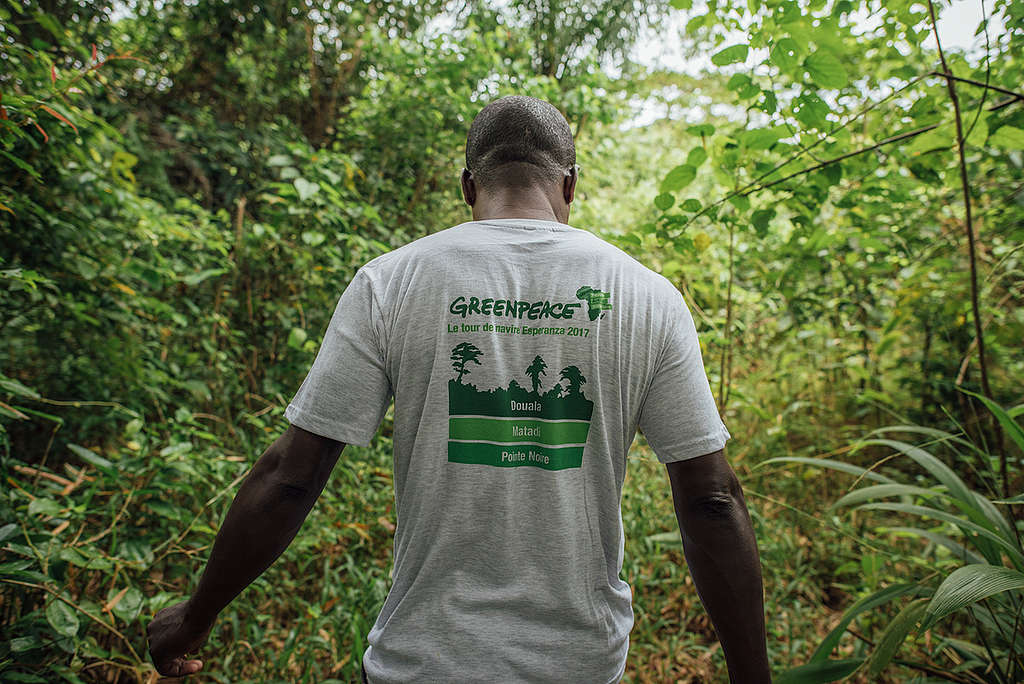

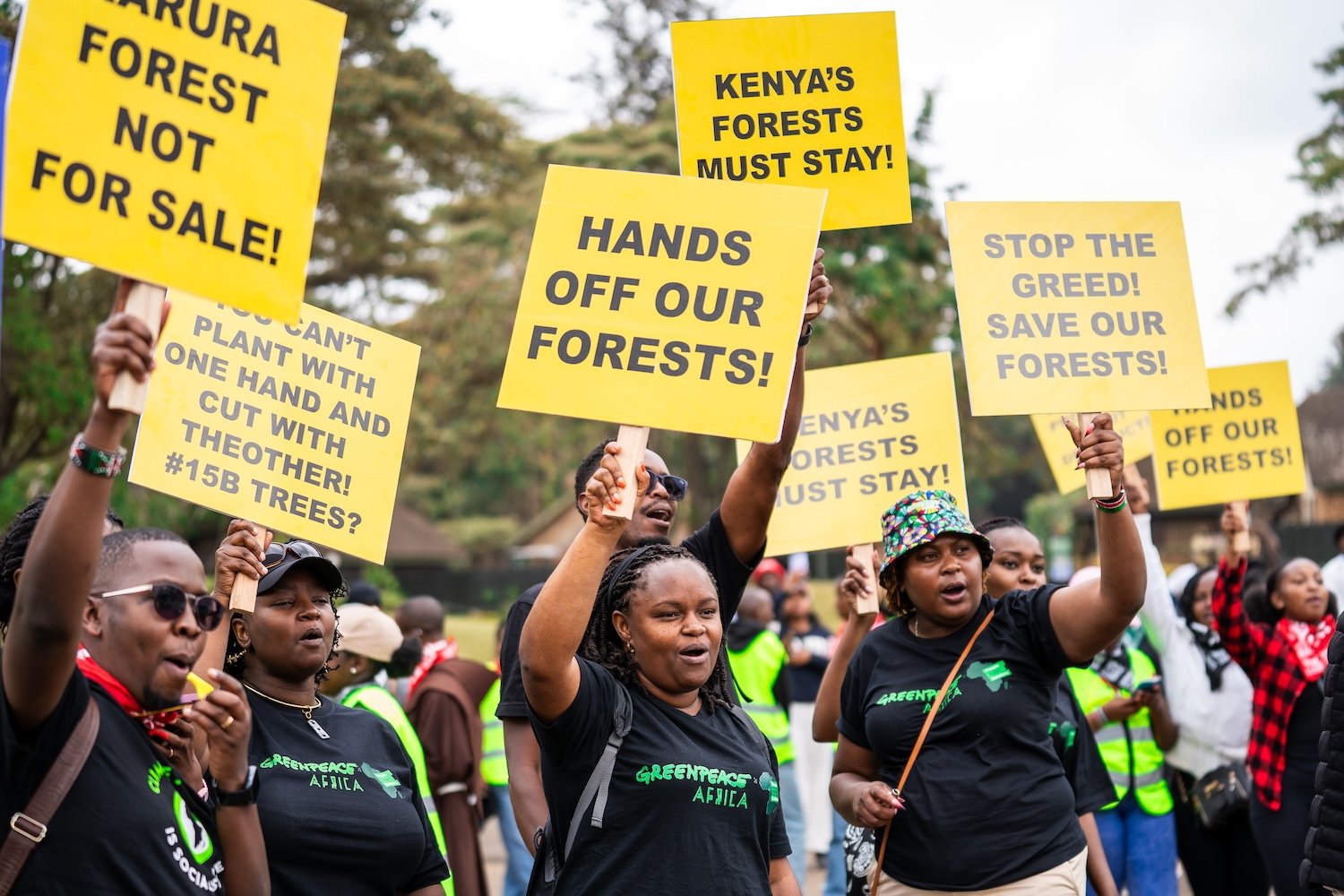
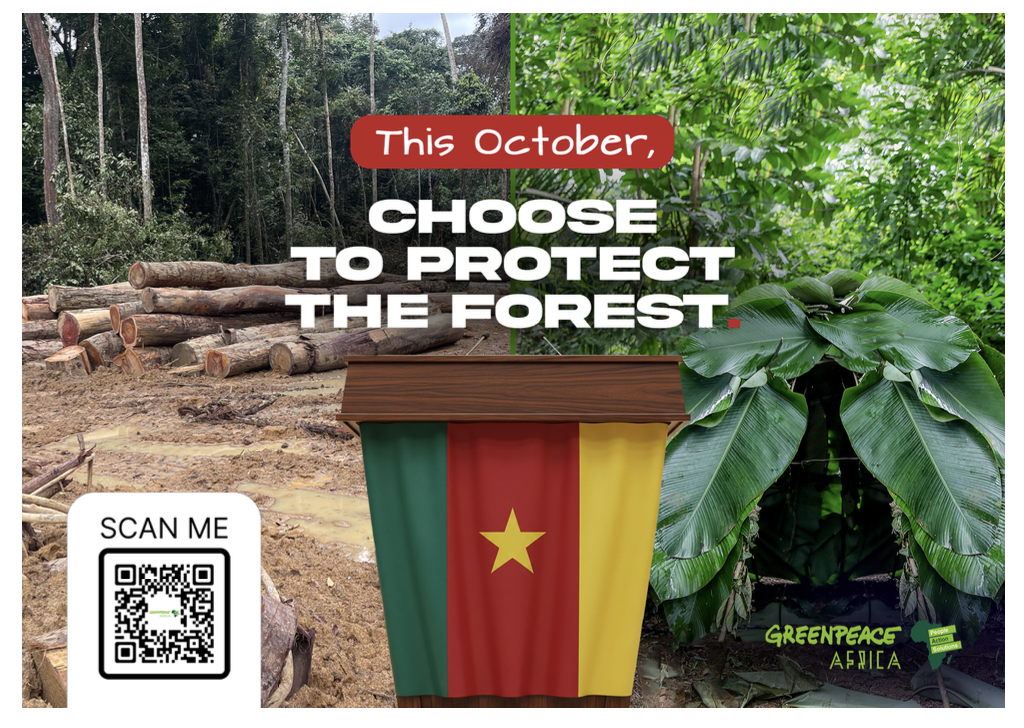
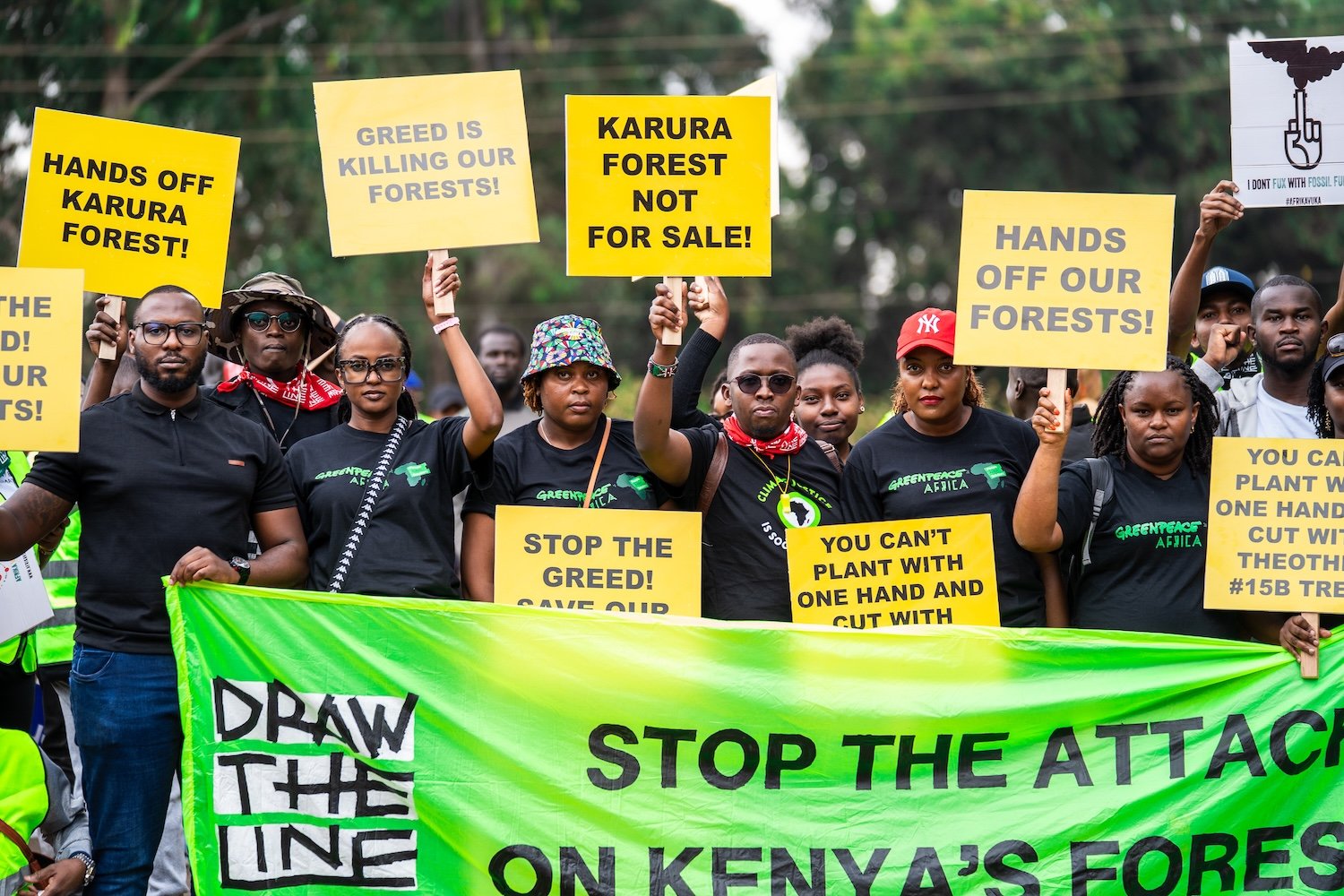
Discussion
Great to see organisations trying to save the environment but have reservations about those in authority they don't seem to show interest how can this be solved to encourage those in authority to show more interest in the environment?
Thank you for your support. We believe in people power. When we come together and apply pressure on our governments, whether it's to protect our forests or take climate action, real change is possible.